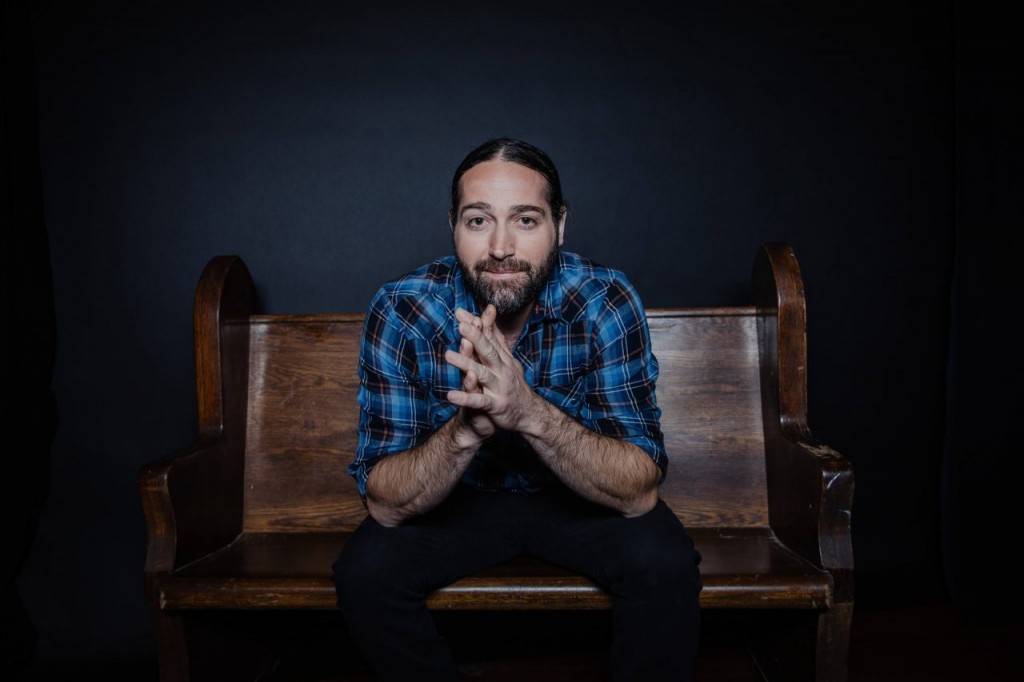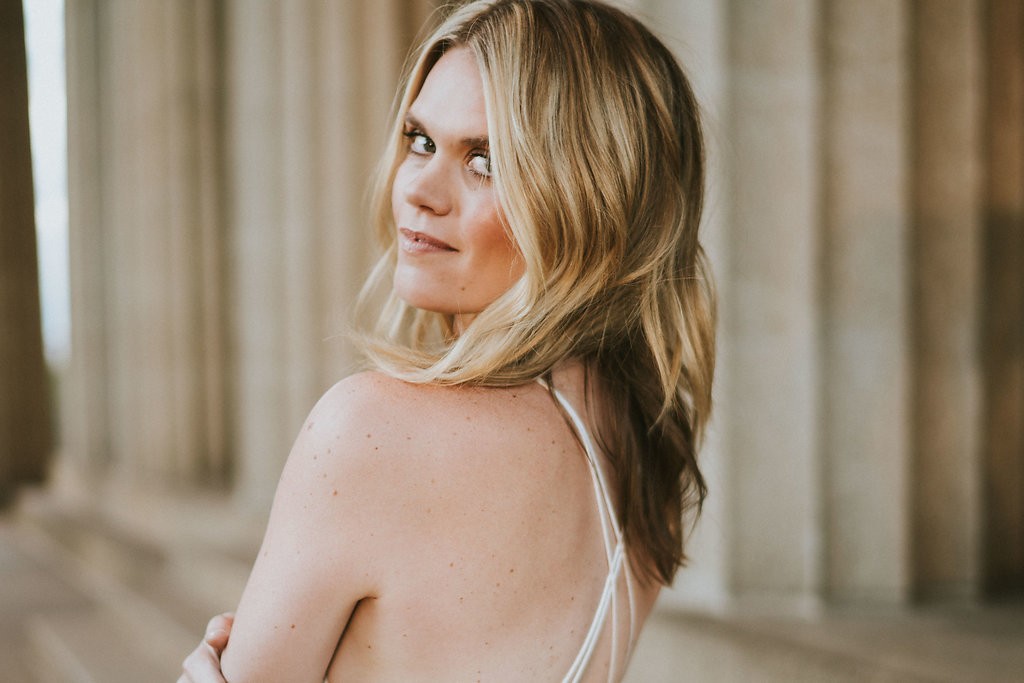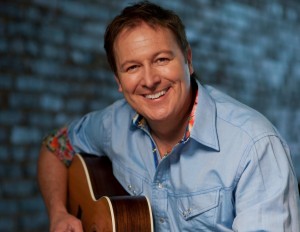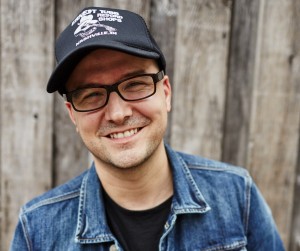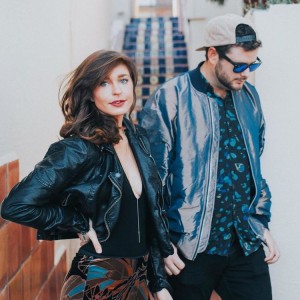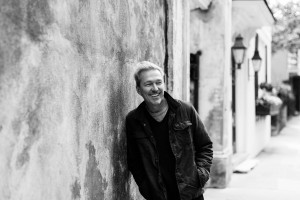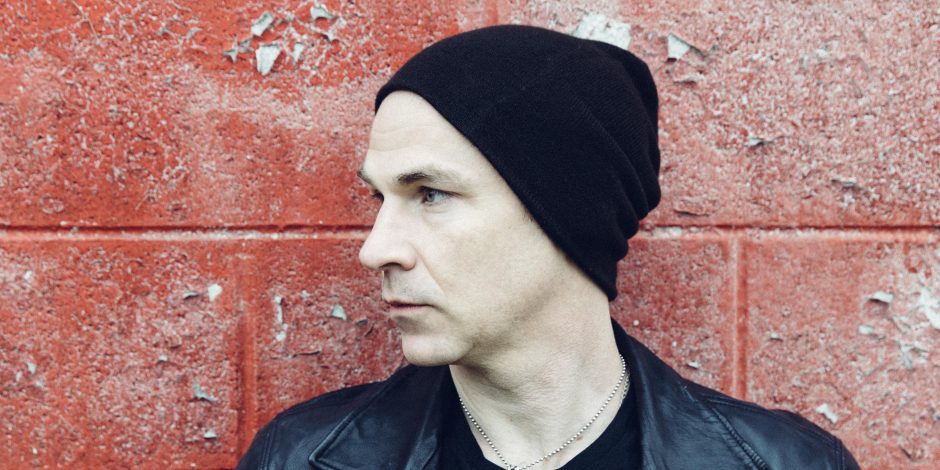
Blair Daly never intended to write country music when he first moved to Nashville in the early 1990s. Instead, the Louisiana native had his heart set on rock music. A chameleon when it comes to songwriting, Daly has penned hits for artists in countless genres including country, pop, rock and alt-rock. He continues to be a mainstay in the Nashville songwriting community, having signed a new publishing deal with Concord Music earlier this year.
During an in-depth three-hour interview at his studio in Nashville, Daly explains how writing for multiple genres of music keeps songwriting from feeling like a job. A lover of all types of music, Daly tries his best to keep his calendar balanced with a mix of rock, country and pop co-writes.
“To me, writing rock songs makes me better at writing country songs and writing country songs makes me better at the other,” he explains, settling into a desk chair at his studio. “[You’re] exercising all the muscles and it keeps you fresh.”
Daly has penned songs for a wide range of artists. His studio’s walls are covered in plaques from songs he’s written for Kip Moore, Kelly Clarkson, the Backstreet Boys, Carrie Underwood, Halestorm and Little Big Town. Just a glimpse at his catalog, other acts who have recorded his music include Rascal Flatts, Uncle Kracker, Lynyrd Skynyrd, Black Veil Brides and Sixx:A.M. While he’s found success in the country genre, it was rock music that laid the groundwork for his lifelong passion of music.
Daly grew up in a small town in Louisiana playing in rock bands. His high school only had two bands so he found himself alternating between both and playing whatever instrument was needed. The songwriter admits that he never thought about writing songs until it came time to decide what he would be doing after high school. He wanted to move to Los Angeles to be in a rock band and play famous venues on the Sunset Strip like the Whiskey a Go Go. His parents vetoed the idea and suggested looking into colleges in Nashville instead.
“In 1990, Nashville was still mostly country music and I was like, ‘What? Nashville! Country music?’ I grew up on rock and hard rock in the ’80s when rock was king,” he explains. “When I started investigating Nashville and coming up here to look at schools, I started running into people who wrote songs for a living. I never knew it was a real job until right before I moved here.”
Daly attended Middle Tennessee State University for a while — until he found his first “legit out” going on the road with a family member of his, Will Rambeaux, who was pursuing an artist career. His experience qualified as an internship and he got credit for helping with radio promotion. Soon, he began co-writing with his cousin. Daly realized that he could potentially make a living as a songwriter if he worked hard at it so he and Rambeaux continued writing songs throughout the ’90s, eventually amassing several hits with John Michael Montgomery.
“He really, really encouraged me to write and sing and play live and he pushed me out of my comfort zone way more than I ever would have,” Daly says of his cousin. “At the time, he was writing for a company in town called Wrensong that Ree Guyer had and still has. He was writing there and I was hopping from one thing to another to pay the bills and writing when I had a day off, or at night, or on the weekends.”
Daly says he and Rambeaux hit a sweet spot and started writing some cool songs with another friend, Troy Verges. Rambeaux took them both under his wing, helping on co-writes. Eventually his cousin’s publisher took interest in him and Daly signed with Wrensong Publishing around 1995. By 1997, he had his first single on the radio with Montgomery’s “How Was I to Know.”
The songwriter vividly recalls penning “How Was I to Know” with his cousin at his old house in Sylvan Park that he and Verges were renting at the time. He had several ideas and melodies prepared and played one of them on his tape recorder for Rambeaux.
“I played it for him and he was like, ‘Yeah, this is something. This is definitely something,’ and he picked that title to go with that melody and we wrote it,” Daly recalls with a smile. “I don’t remember us really having to wrestle it down or anything. I think it was a pretty natural write and I do remember being in that old dingy rent house in Sylvan Park writing it. Most of that time period was kind of blurry but three dudes living in a rent house and then all of a sudden you get publishing deals and you’re getting a draw. It’s like, ‘Wait, I don’t have to go to a day job? I can go and buy beer and write songs and play guitar all day?’”
The song’s success surprised Daly, who thought he was writing a rock song that he could envision Aerosmith, Def Leppard or Bon Jovi singing but his publisher saw otherwise. She felt he was creating country songs and Guyer suggested Daly sing them because she also saw an artist career in his future. While Daly wasn’t keen on being in the spotlight, he continued to sing the songs he wrote, pitching himself as an artist as well. His career soon shifted, though, when Montgomery cut his song.
“John Michael was killing it at the time. He had, ‘I Love the Way You Love Me,’ ‘I Swear,’ ‘I Could Love You Like That’ and all those big massive ballads, and I had the next one in mind and that was when it all changed,” Daly reflects.
Daly was invited to the Atlantic Records office to hear his song recorded by Montgomery and says it was an out of body experience listening to the country singer’s take on “How Was I to Know.” While Daly’s demo wasn’t country, once Montgomery’s baritone was heard on the track alongside steel guitar, all of a sudden his rock song transformed into a country ballad.
“It was very, very surreal and that’s when it was like, ‘Okay, this is what I want to do.’ It was released as a single several months later and then a few months after, it got to number one,” he says, still in disbelief. “[My] first cut was a single and it went to number one and that’s when it was like, ‘All right, I think we’ll hold off on this artist thing and let’s see how this pans out.’ A huge weight was lifted.”
For more of my interview with Blair Daly, visit Sounds Like Nashville.
